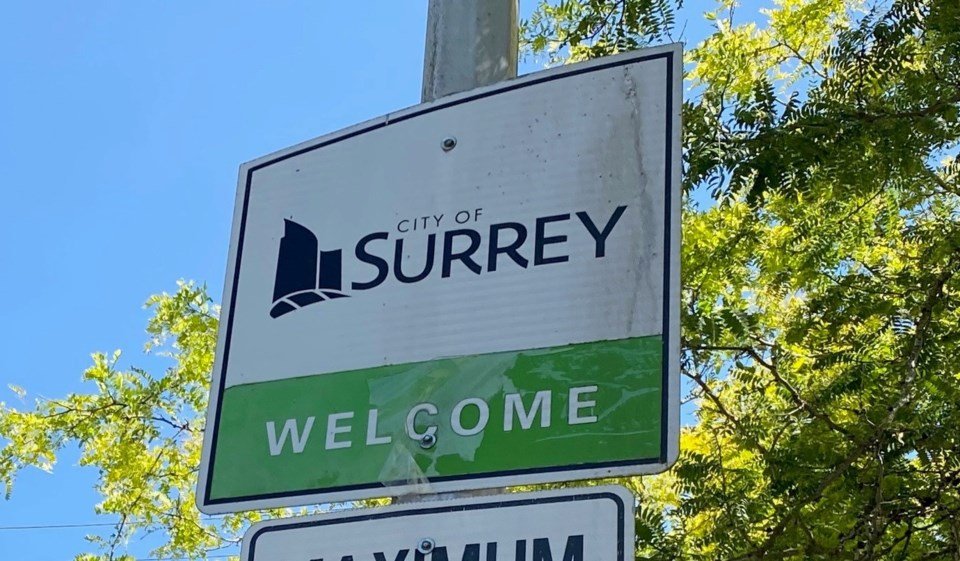Surrey is changing how development cost charges (DCCs) are applied to small-scale multi-unit housing (SSMUH) projects. The move follows recent provincial legislation under Bill 44, which aims to boost housing supply and affordability across British Columbia. Last year, the city proposed a new DCC bylaw, but the province raised concerns about administrative details and fee fairness. Officials asked Surrey to make changes to match updated best practice guidelines, including the timing of fee collection.
City staff have since worked with the province and external legal experts to revise the bylaw. The changes include a new approach for SSMUH developments, such as duplexes, houseplexes, garden suites, and coach houses. In the past, projects with fewer than four residential units did not have to pay DCCs. This exemption is now changing. With the province allowing more SSMUH developments, Surrey expects a significant increase in these housing types. Officials say this growth will impact fire services, parks, and infrastructure. The city believes it is important that these new housing forms contribute to DCCs, following the principle that “growth pays for growth.” The revised bylaw will ensure SSMUH developments pay their fair share, while still exempting the first unit built on a property if DCCs were already paid at subdivision. Additional units, such as a coach house, will now be charged.
Since September 2024, Surrey has received applications for about 165 duplexes, 85 coach houses, 200 garden suites, and six houseplexes. This surge prompted city staff to consult with the development community on the potential cost impacts. Developers raised concerns about affordability, especially when both municipal and regional DCCs are applied. In response, staff reviewed the infrastructure impact of SSMUH projects compared to townhouses and apartments and recommended some reductions in rates for these smaller-scale units. The city plans to review the rates again after two or more years of experience with the new system, allowing flexibility if demand for SSMUH developments changes over time.
Other municipalities, along with Metro Vancouver and TransLink, have also historically exempted laneway homes, coach houses, and garden suites from DCCs. These were considered part of the original “per lot” fee charged at subdivision. However, many are now planning to require DCCs for these housing types, using townhouse or apartment rates. Surrey’s revised bylaw follows a similar approach. By applying DCCs more broadly, the city hopes to ensure fairness between housing types and keep infrastructure funding sustainable. Officials say the changes will help manage growth without putting extra strain on taxpayers. If approved by the province, the updated DCC policy could take effect later this year. City staff will continue discussions with developers and the public to refine the system and keep it in line with both housing goals and community needs.

